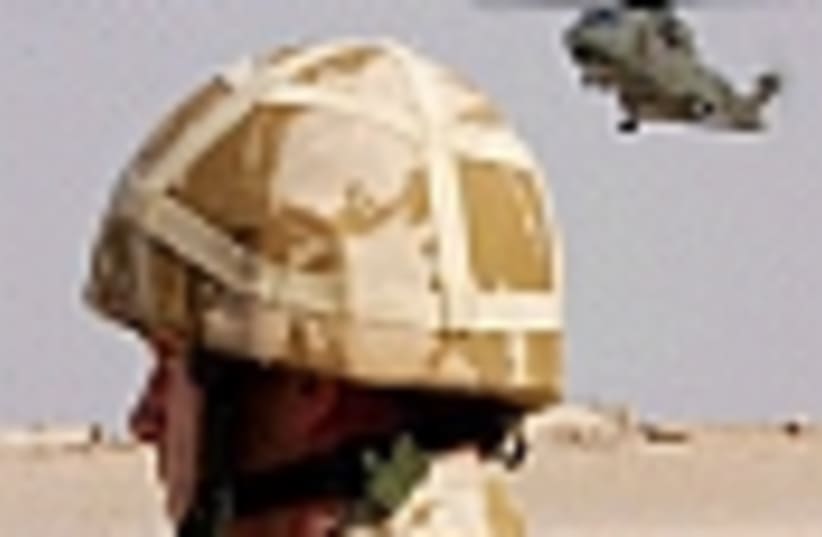| More about: | United States Army, Iraq, John Wayne, Stryker |
A night raid in Iraq: US soldiers go in search of a terror-cell financier
An AP reporter accompanies an army unit in Iraq on a nighttime hunt for a terrorism suspect.


| More about: | United States Army, Iraq, John Wayne, Stryker |